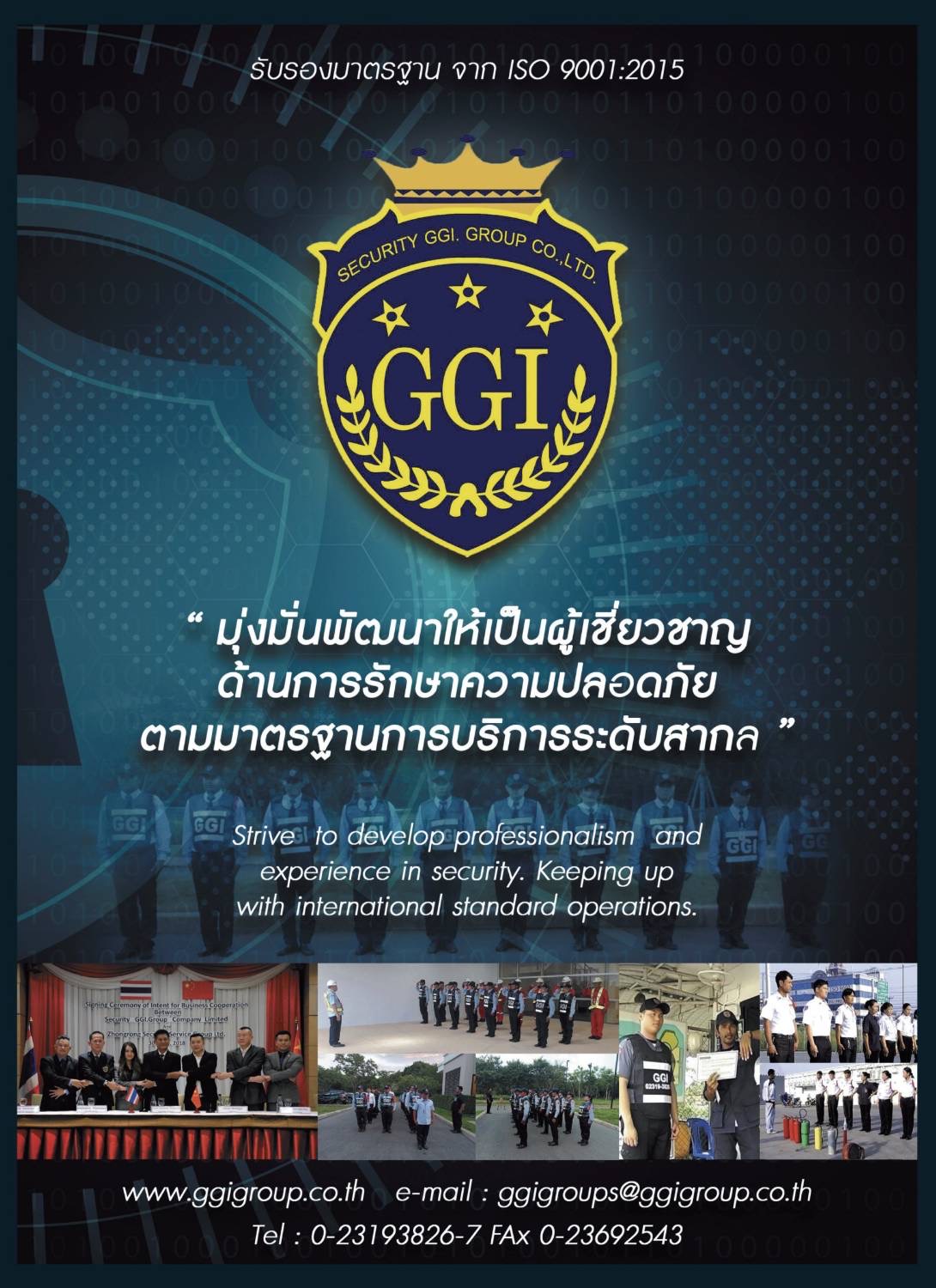The Prime Minister of Thailand congratulated on successfully launch of the THEOS-2 satellite into space
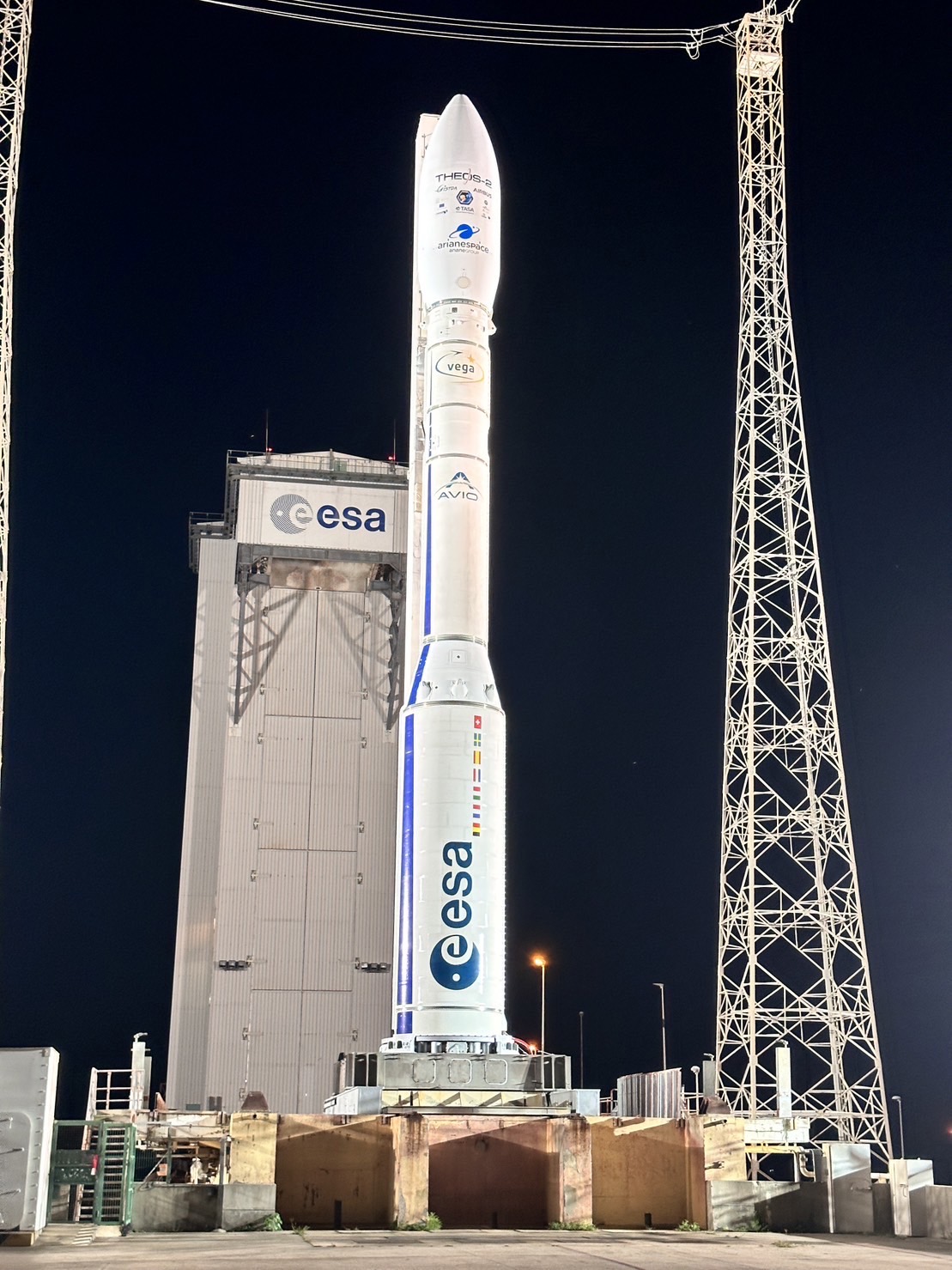
On the morning of October 9, 2023, at 08:36 hrs. (GMT+7 or Thailand time), the Thai satellite, THEOS-2, was launched aboard a Vega rocket (VV23) from the Guiana Space Center, the European spaceport in French Guiana on the South American continent. The Vega rocket later safely reached Earth’s orbit at 9:30 hrs. among witnesses from Thailand and the Republic of France at the spaceport, as well as people from around the world who virtually observed this remarkable moment.
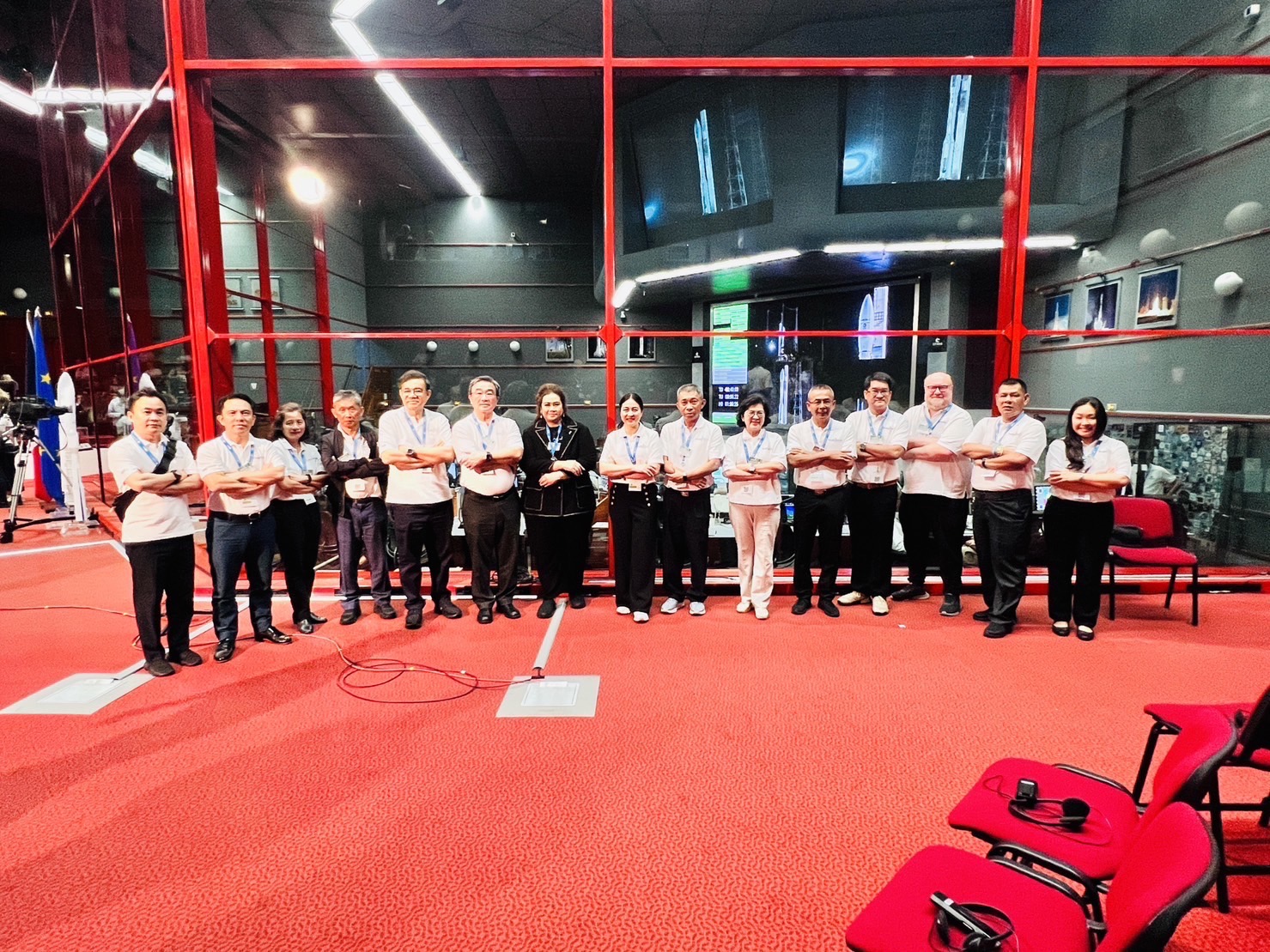
In this occasion, Mr. Srettha Thavisin, the Prime Minister of Thailand, has conveyed his congratulatory message as follows, “On behalf of the Thai government and all Thai citizens, I congratulate on the successful launch of the THEOS-2 satellite into orbit. The government has consistently emphasized the importance of science, technology, and innovation as significant tools for developing the country and improving the quality of life for people. The data collected by THEOS-2 will serve as a crucial foundation of various applications, including agricultural management, urban planning, natural resource and environmental management, water resource management, and disaster management. The use of satellite data will enhance the quality of life for people, making it more accessible and equitable. THEOS-2 is a valuable asset of all Thai citizens, capable of capturing imagery of activities on Earth’s surface with a very high resolution of up to 50 centimeters per pixel, residing at the top list of the ASEAN region and be equivalent to a group of forefront Earth Observation satellites in global level. Furthermore, THEOS-2 serves as a fundamental infrastructure for Thailand’s science and technology sector, great pride of our nation. I extend my gratitude to the Ministry of Higher Education, Science, Research, and Innovation (MHESI) and the Geo-Informatics and Space Technology Development Agency (GISTDA) for their contributions to advancing Thailand’s space infrastructure. I have great hope that THEOS-2 will serve as a innovative mechanism, further advancing Thailand’s technological capabilities and driving the enhancement of our society and economy.”
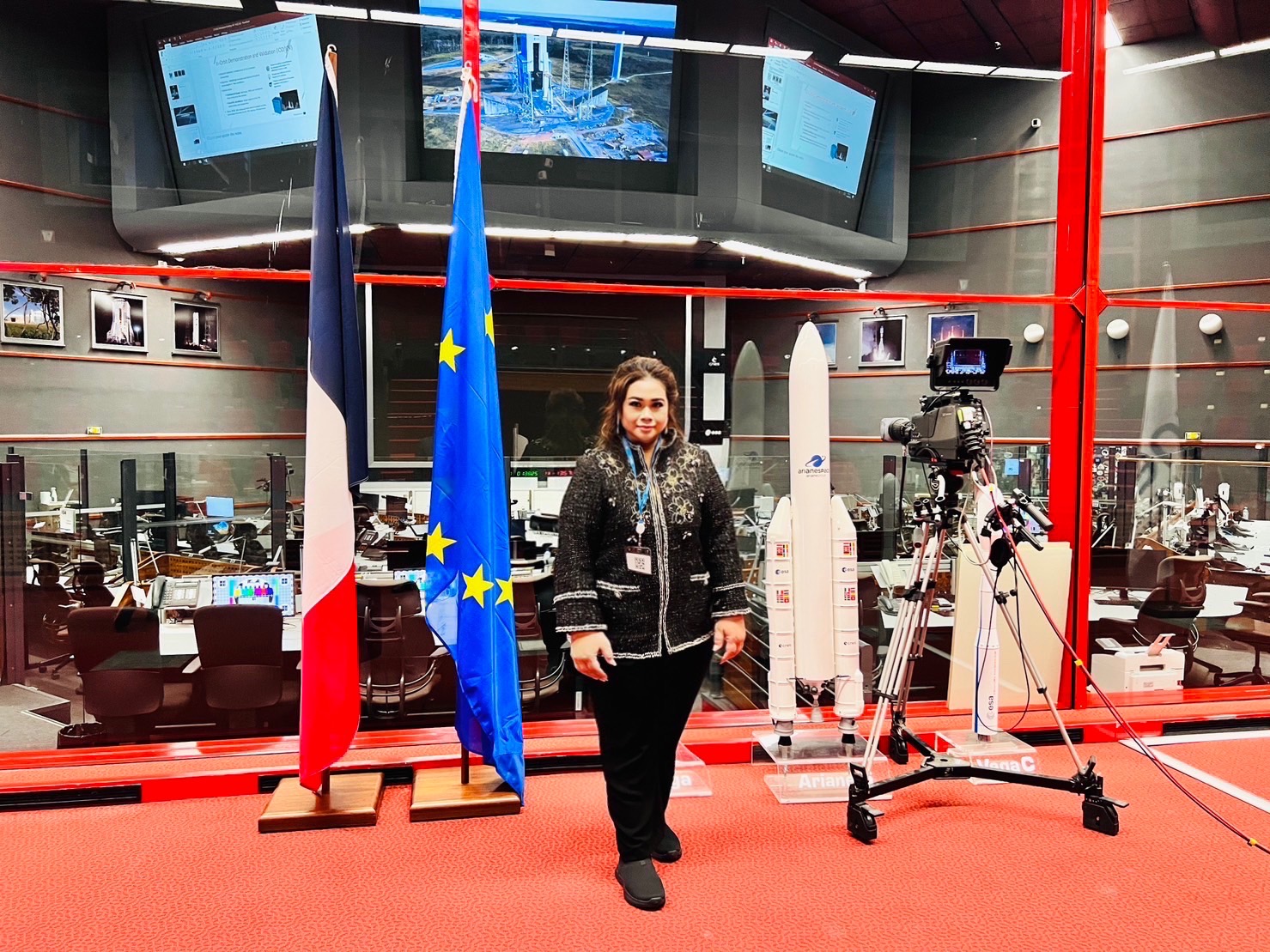
Ms. Supamas Isarabhakdi, Minister of the Ministry of Higher Education, Science, Research, and Innovation or MHESI, expressed her pleasure at the successful launch of the earth observation satellite, THEOS-2, into orbit. “It is a great pride for the Thai people as a whole that the THEOS-2 satellite was successfully launched into orbit. This achievement demonstrates that government investments can yield innovative solutions to cope with challenges for citizens. Possessing advanced and high-competitiveness technology at this level illustrates Thailand’s readiness to be part of the global space industry.”
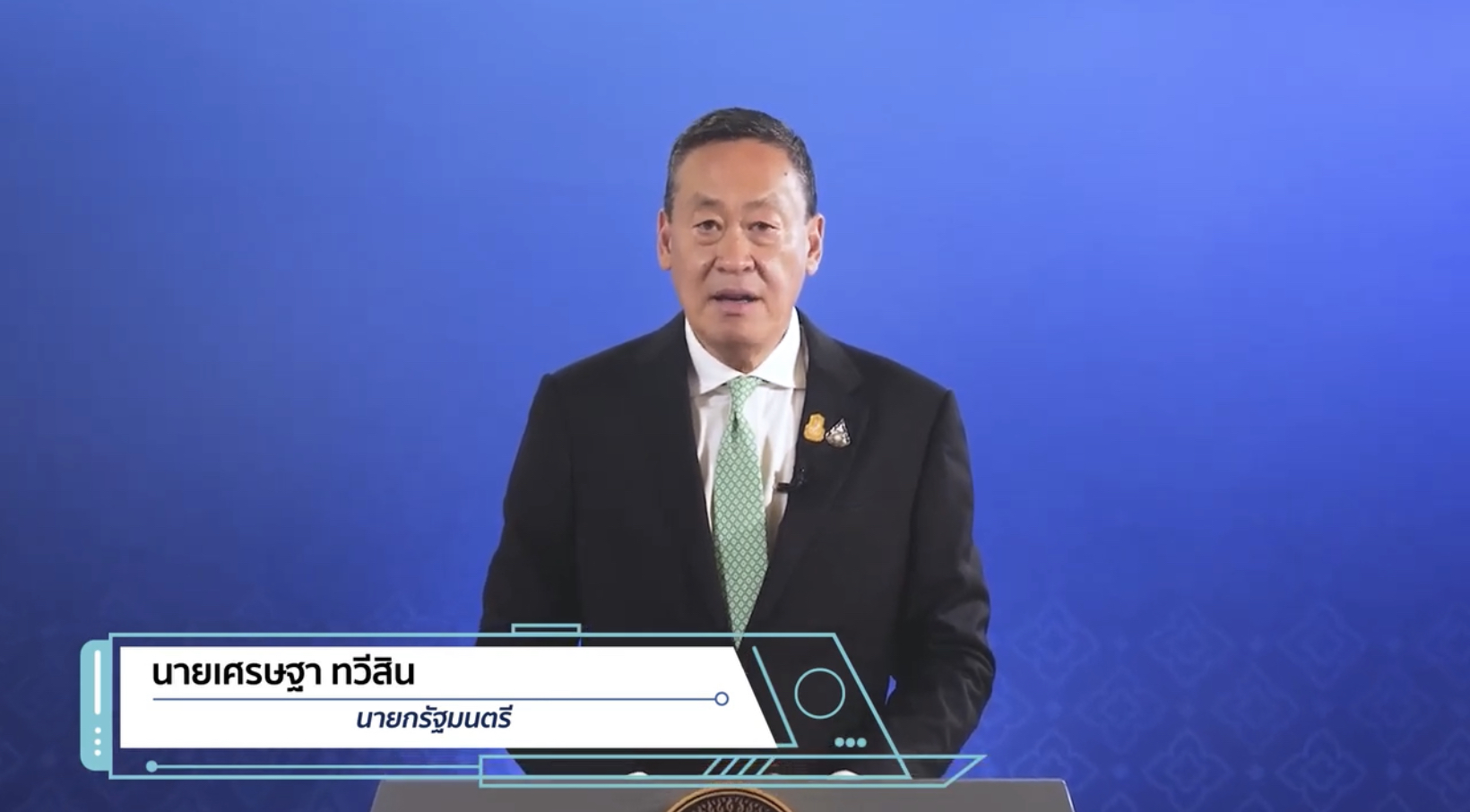
The Minister of MHESI also stated, “The earth observation satellite, THEOS-2, is regarded an advanced space infrastructure which is essential for the country. The data collected by THEOS-2 will be utilized to ensure that geospatial information across all regions of Thailand remains current, up-to-date, and accurate. Additionally, this data will aid in efficiently responding to various disaster and emergency situations. This underscores the necessity of science and technology in national development and the well-being of our people.”
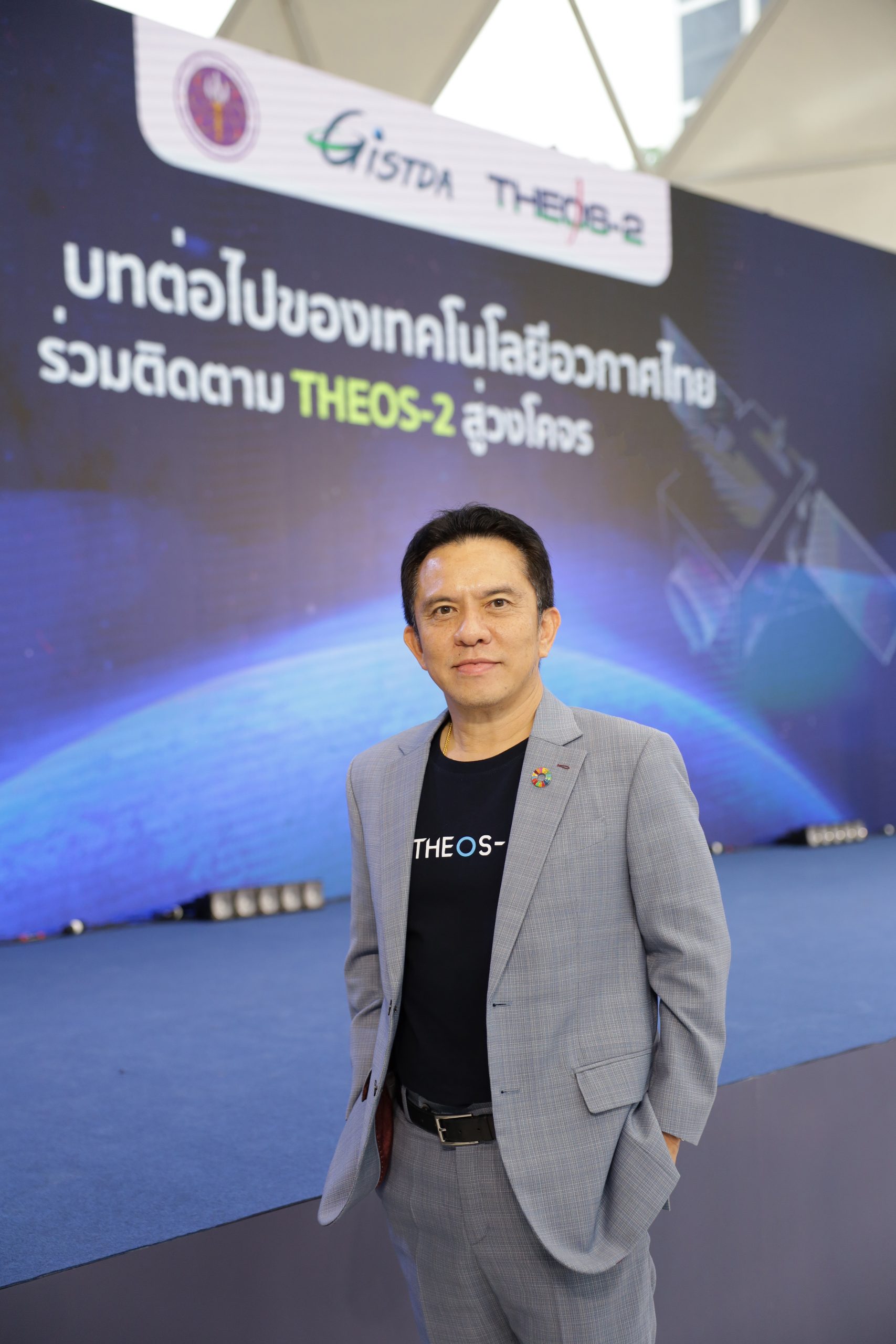
Dr. Pakorn Apaphant, Executive Director of GISTDA, expressed that “I’m glad that the launch of THEOS-2 satellite into orbit is successful. This marks Thailand’s first earth observation satellite capable of providing imagery with very high resolution.” The main satellite, THEOS-2, can capture images with a resolution of up to 50 centimeters, providing higher-quality data for timely and accurate spatial area tracking and management. This capability will play a significant role in supporting various aspects of the country’s development. Following the THEOS-2’s entry into the designated orbit, the satellite will transition to operational mode, which includes testing the control system and establishing communication with the ground station to ensure data stability and accuracy. This phase is expected to take approximately 6 months. Subsequently, GISTDA will make the data accessible to all sectors which enables further development and commercial services. This initiative will support domestic economic growth and serve as a catalyst for education, research, and innovation in the utilization of spatial data, as well as capacity building in space technology to nurture more scientists and engineers in related fields.
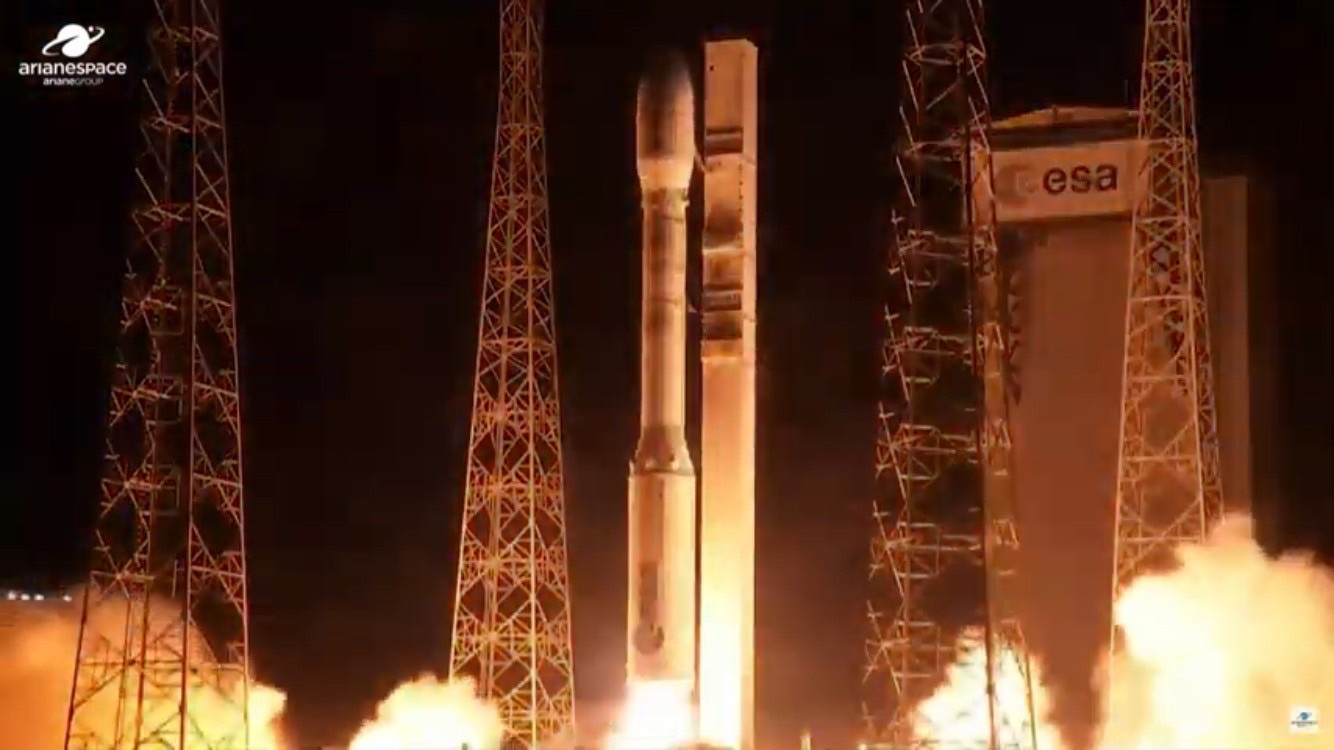
The Executive Director of GISTDA emphasized, “This satellite launch is a continuation of our mission since THEOS-1, which has remained operational for over 15 years. It represents our commitment to promoting the development and harnessing the benefits of satellite technology to further accelerate the country’s Space Economy.”




























